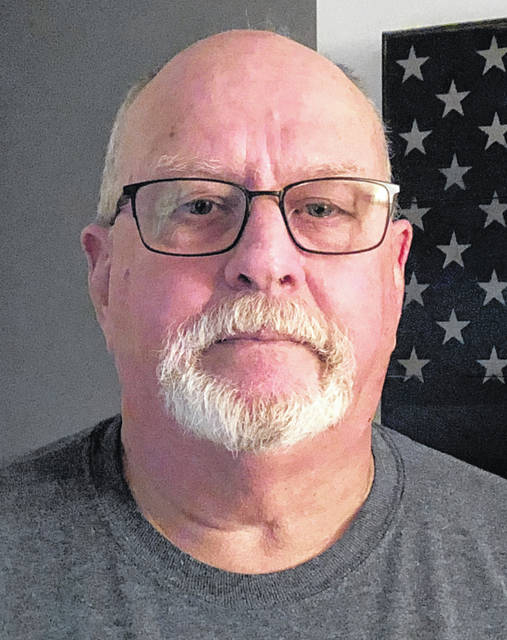
While I was growing up in the 60s, my father never said very much about his time in the Army Air Corps during World War II. He only told us to “Never volunteer any information to the Army.” But he never did explain why.
My father was a corporal on an anti-aircraft gun crew in the Army Air Corps. He was also able to run earth-moving equipment to help in runway construction. My father’s division was finishing with their training in the deserts of California. At that time, their division was scheduled to head to North Africa when the Japanese bombed Dutch Harbor in the Aleutian Islands.
From the base on Dutch Harbor, the Army tried to launch air strikes back at the Japanese. But the Bering Sea weather proved to be a natural barrier to overcome. They lost many air craft, due to the weather and getting lost in the fog.
The Army wanted to force the Japanese off the Island of Kiska, so they could use it as a staging area to push the Japanese off the island and also to establish an air strip and disembarking area to mount an amphibious operation on the Island of Attu. When the Americans landed on Kiska, the Japanese melted into their underground shelters among the large boulders on the other side of the Island.
Kiska is a wind-swept rocky island, not fit for a polar bear. When the army started to build their air strip, every morning a heavy fog would blanket the island. The Japanese would come out of their holes and move to the edge of the fog. They used the cover of the fog to sniper the workers on the base. This stopped any operations.
My father’s captain came up to dad’s unit and asked who among them grew up on farms. My dad said that he grew up on the family farm and helped several other farmers in the area. Back at that time, rural children hunted from a very early age, and helped put food on the table from their hunting. So, they were good shots. My father and a few others were told to grab their rifles, blankets and some C-Rations.
Then they were told to head out under the cover of darkness to the edge of the foggy area that hits the island each morning. Their job was to shoot the Japanese snipers as they were setting up in the morning.
It was not long until the snipers were stopped.
My father never told us this story. A cousin of ours told us the story that my dad had told him. (My cousin was the unofficial Pool family historian.) That is why Dad told my cousin this story. We were never told this until after my father’s death. Now, I know why my father told us to “Never volunteer any information to the Army.”


